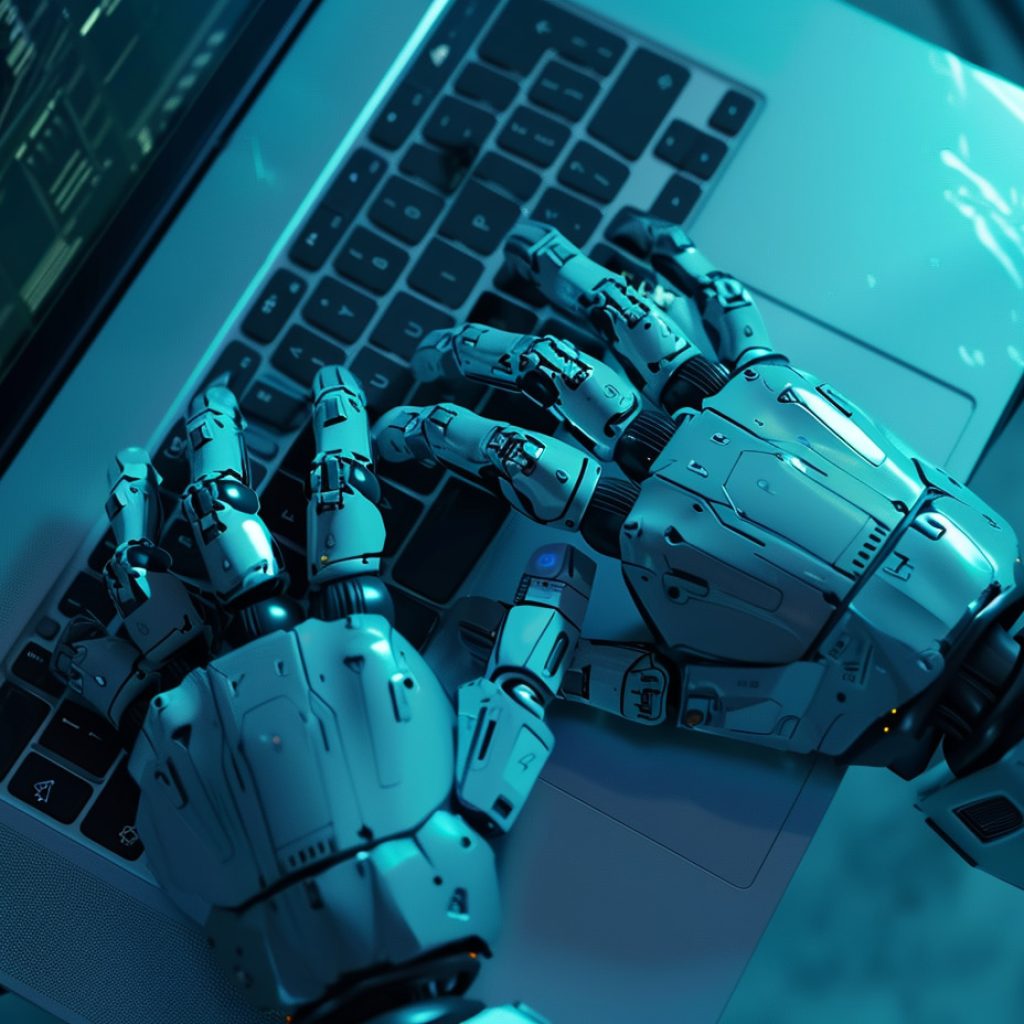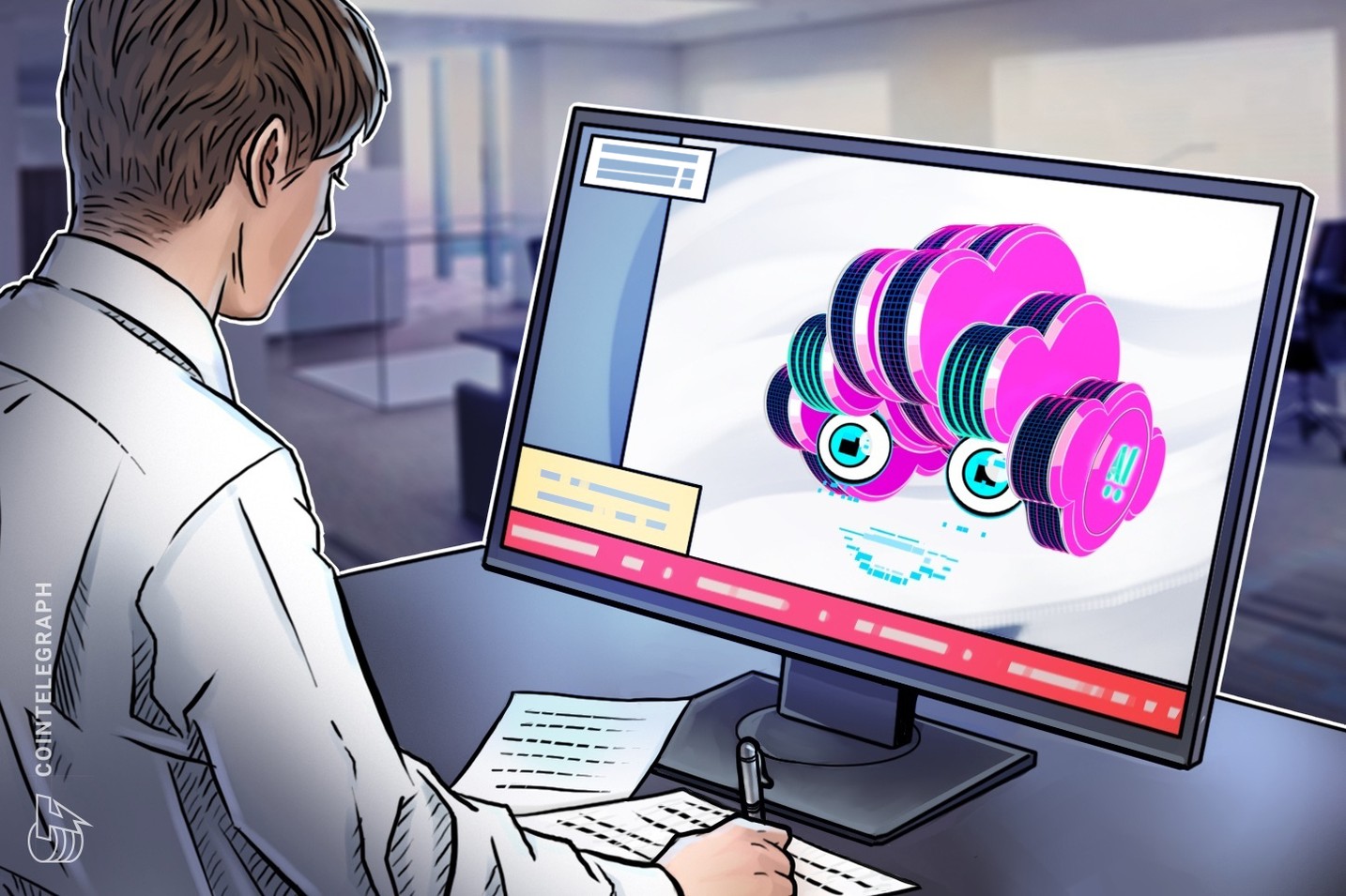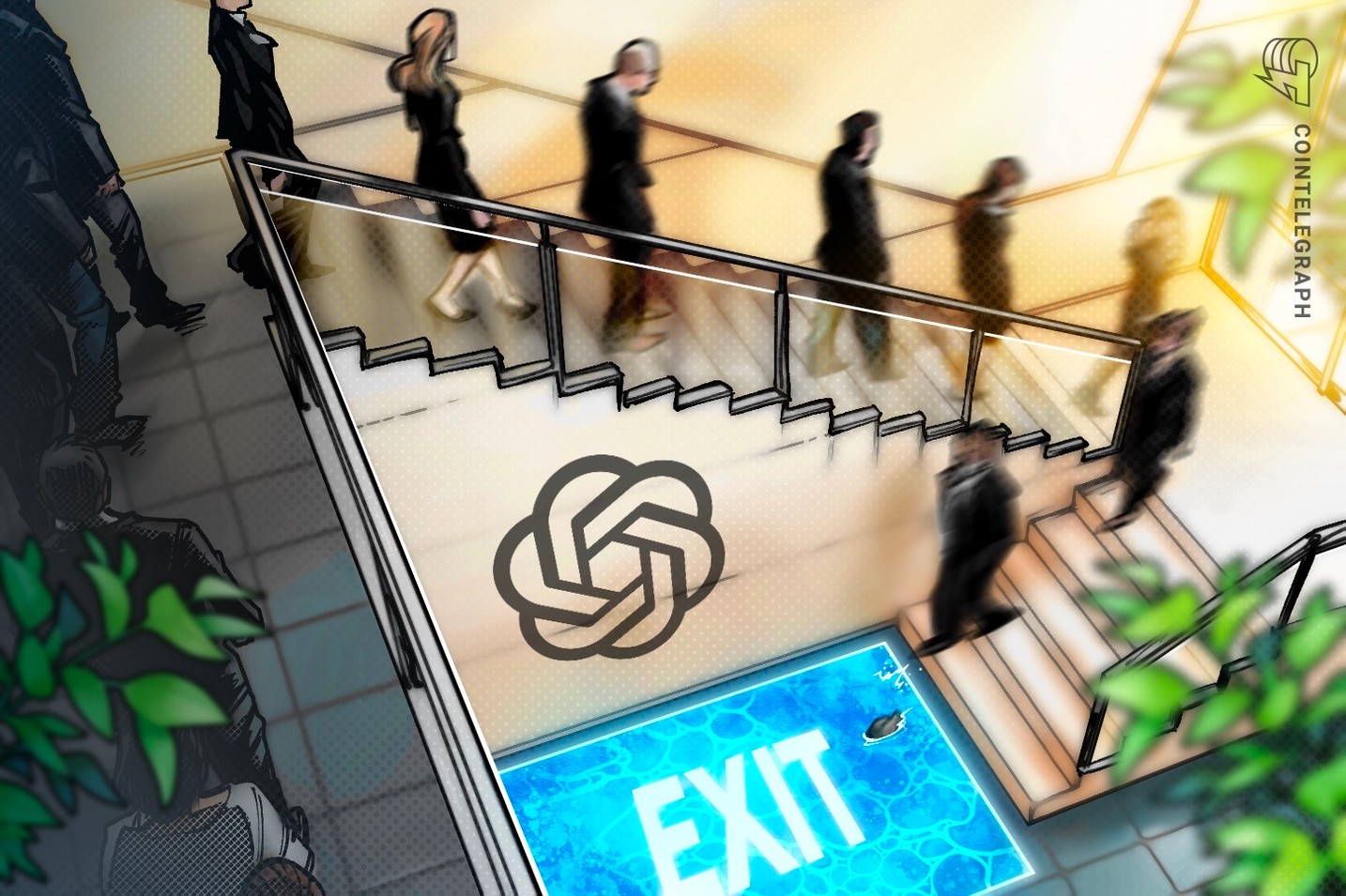
Finally, another issue with ChatGPT is knowledge centralization. The model has access to a wealth of information, which is advantageous in many ways. This might result in a monopoly on knowledge since knowledge is concentrated in the hands of a small number of people or organizations. Likewise, there is a risk that human-machine-only knowledge sharing will become the norm, leaving individuals entirely dependent on machines for collective knowledge. For instance, a programmer facing a coding issue could have earlier resorted to Stack Overflow to seek assistance by posting their question and receiving replies from other human programmers who may have encountered similar problems and found solutions. Yet, as AI language models like ChatGPT proliferate, it’s becoming more common for programmers to ask a query and then receive a response without having to communicate with other people. This could result in users interacting less and sharing less knowledge online — for example, on websites such as Stack Overflow — and a consolidation of knowledge within AI language models. That could significantly undermine human agency and control over the production and distribution of knowledge — making it less accessible to us in the future.Fair is fair. https://t.co/7nDEf6MOp1 pic.twitter.com/5KAmEXivAY
— Ted Cruz (@tedcruz) February 4, 2023
There are no easy answers to the complicated problem of knowledge centralization. It does, however, emphasize the need for a more decentralized strategy for knowledge production and transfer. A DAO, which offers a framework for more democratic and open information sharing, may be able to help in this situation. By using blockchain technology and smart contracts, a DAO could make it possible for people and organizations to work together and contribute to a shared body of knowledge while having more control over how that knowledge is accessed. Ultimately, a DAO can offer a framework to oversee and manage ChatGPT’s operations, guaranteeing decentralized user data storage, responses that are scrutinized for bias, and more democratic and open information exchange. The use of a DAO may be a viable solution to these concerns, allowing for greater accountability, transparency and control over the use of ChatGPT and other AI language models. As AI technology continues to advance, it is crucial that we prioritize ethical considerations and take proactive steps to address potential issues before they become a problem.I'm in the top 2% of users on StackOverflow. My content there has been viewed by over 1.7M people. And it's unlikely I'll ever write anything there again.
Which may be a much bigger problem than it seems. Because it may be the canary in the mine of our collective knowledge. A… pic.twitter.com/YNZvFtwyfu — Peter Nixey (@peternixey) March 26, 2023
Guneet Kaur joined Cointelegraph as an editor in 2021. She holds a Master of Science in financial technology from the University of Stirling and an MBA from India’s Guru Nanak Dev University.
This article is for general information purposes and is not intended to be and should not be taken as legal or investment advice. The views, thoughts and opinions expressed here are the author’s alone and do not necessarily reflect or represent the views and opinions of Cointelegraph.





